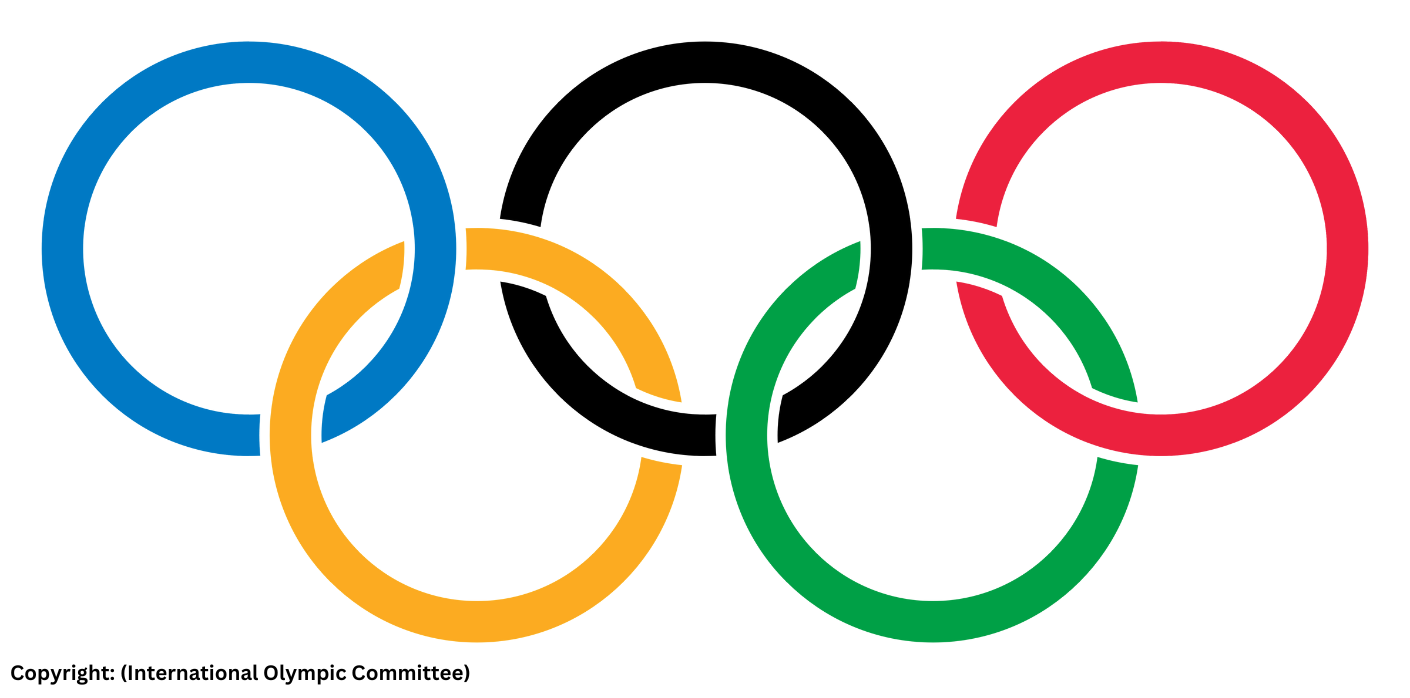The Olympic symbol is more than just a collection of rings; it's a global emblem that unites nations, inspires millions, and represents the pinnacle of athletic achievement. But beyond its emotional impact, this iconic symbol is also a powerhouse of intellectual property (IP), and it holds immense potential for economic growth—especially for ARIPO Member States.
Sports: A Treasure Trove of Intellectual Property
The world of sports is a goldmine of IP assets, from brand names and logos to media content and industrial and copyrighted designs and content. Athletes, with their global influence, act as brand ambassadors, helping businesses extend their reach and market share. The Olympics, in particular, showcases the incredible impact sports can have on a global scale.
Recognizing this, ARIPO sees the intersection of IP and sports as a major opportunity for socio-economic development. The broadcasting rights and merchandising opportunities associated with events like the Olympics offer valuable avenues for Member States to capitalize on their IP rights.
ARIPO’s Role in Protecting and Promoting IP
ARIPO already administers key protocols covering patents, utility models, industrial designs, trademarks, traditional knowledge, plant variety protection, and copyrights. These legal frameworks are essential for protecting and commercializing IP assets across the region. However, when it comes to the Nairobi Treaty of 1981—which protects the Olympic symbol against unauthorized commercial use—the uptake among ARIPO Member States has been surprisingly low.
To date, only Kenya and Uganda have ratified/acceded to the treaty, while Ghana has signed but not yet ratified it. For other member states, becoming a party to the treaty requires either signing and ratifying or acceding to it and depositing the necessary instruments with the World Intellectual Property Organization (WIPO).
Why the Nairobi Treaty Matters
The Olympic symbol, consisting of five interlaced rings in blue, yellow, black, green, and red, is protected under the Nairobi Treaty from unauthorized commercial use. This means that any state party to the treaty must refuse or invalidate the registration of any mark containing the Olympic symbol and take appropriate measures to prevent its use without authorization from the International Olympic Committee (IOC).
The Olympic Charter further stipulates that each National Olympic Committee (NOC) is responsible for promoting and protecting the Olympic Movement within its country. If a state is party to the Nairobi Treaty, its NOC stands to benefit financially from the IOC’s revenue from authorizing the use of the Olympic symbol. This revenue can then be reinvested into developing athletes, supporting sports associations, and enhancing the country's overall sporting infrastructure.
A Vision for the Future
The Nairobi Treaty isn't just about protecting a symbol; it's about enhancing the IP landscape in Africa, supporting athletes, and promoting sports development. By ratifying/acceding to the treaty, ARIPO Member States can unlock new opportunities for national broadcasters, sports academies, SMEs, entrepreneurs, and international trade. The treaty can also lead to an increase in IP filings and grants by national, regional, and international IP offices.
ARIPO anticipates that more Member States will ratify/accede to the Nairobi Treaty, thereby contributing to a thriving IP ecosystem in Africa. With the 2026 Dakar Olympic Games on the horizon, now is the time for ARIPO Member States to seize the opportunity, collaborate with strategic partners, and shape the future of IP and sports on the continent.

